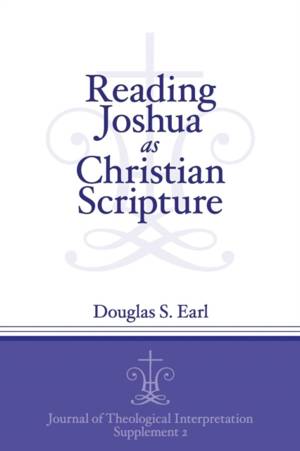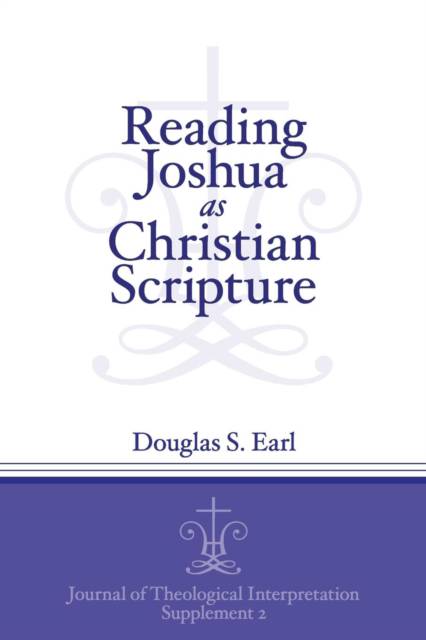
- Afhalen na 1 uur in een winkel met voorraad
- Gratis thuislevering in België vanaf € 30
- Ruim aanbod met 7 miljoen producten
- Afhalen na 1 uur in een winkel met voorraad
- Gratis thuislevering in België vanaf € 30
- Ruim aanbod met 7 miljoen producten
Omschrijving
The book of Joshua has been received and used as Christian Scripture throughout Christian history. The challenge today, however, is how Christians should appropriately continue to read Joshua as Scripture, not least in the light of well-known historical and ethical difficulties with the narrative. In Reading Joshua as Christian Scripture, Douglas Earl draws on conceptual resources offered by recent anthropological approaches to myth and combines this with a close literary reading of the text, in order to argue that Joshua is misconstrued when it is treated as a historical account of conquest. Instead, in its ancient Israelite context Joshua functioned to reshape accepted norms of community identity, as reflected in the book of Deuteronomy, by forming a new "cultural memory." Furthermore, Earl reconsiders the traditional notion of the "spiritual sense" of Scripture in terms of a rich account of symbol and also makes use of the narrative hermeneutics of Paul Ricoeur. The result is a fresh and unexpected reading of Joshua as Christian Scripture that develops the original function of the narrative in a way that resonates with classic premodern readings and is also challenging to contemporary Christian understandings of identity and faithfulness.
Specificaties
Betrokkenen
- Auteur(s):
- Uitgeverij:
Inhoud
- Aantal bladzijden:
- 296
- Taal:
- Engels
- Reeks:
- Reeksnummer:
- nr. 2
Eigenschappen
- Productcode (EAN):
- 9781575067018
- Verschijningsdatum:
- 30/06/2010
- Uitvoering:
- Paperback
- Formaat:
- Trade paperback (VS)
- Afmetingen:
- 152 mm x 229 mm
- Gewicht:
- 430 g

Alleen bij Standaard Boekhandel
Beoordelingen
We publiceren alleen reviews die voldoen aan de voorwaarden voor reviews. Bekijk onze voorwaarden voor reviews.











